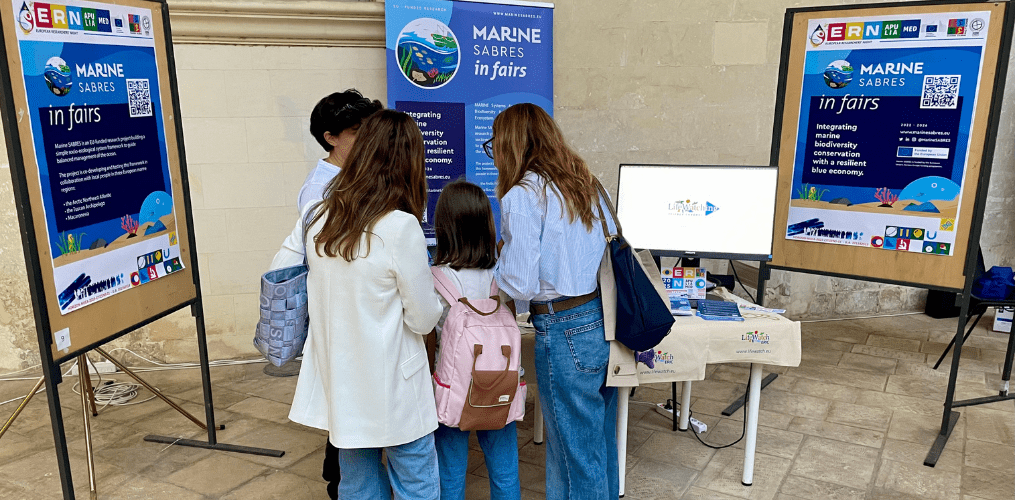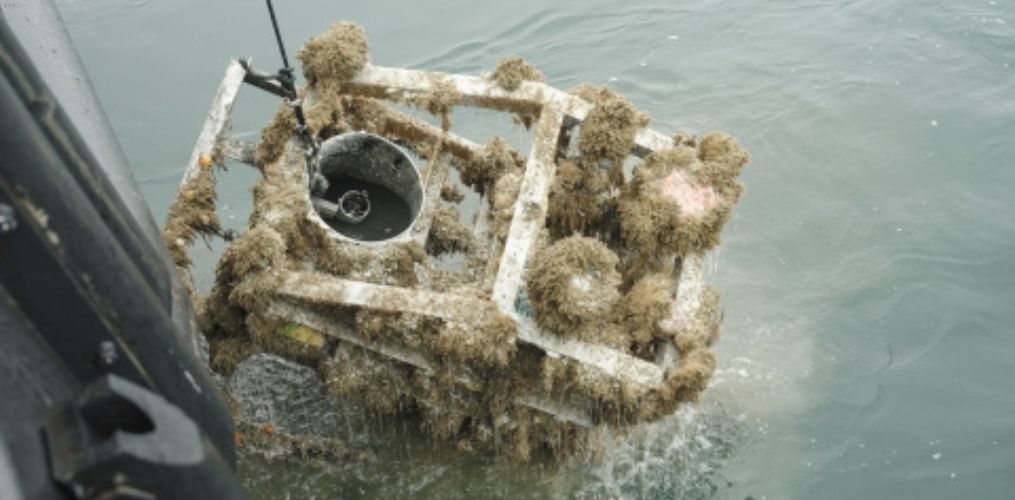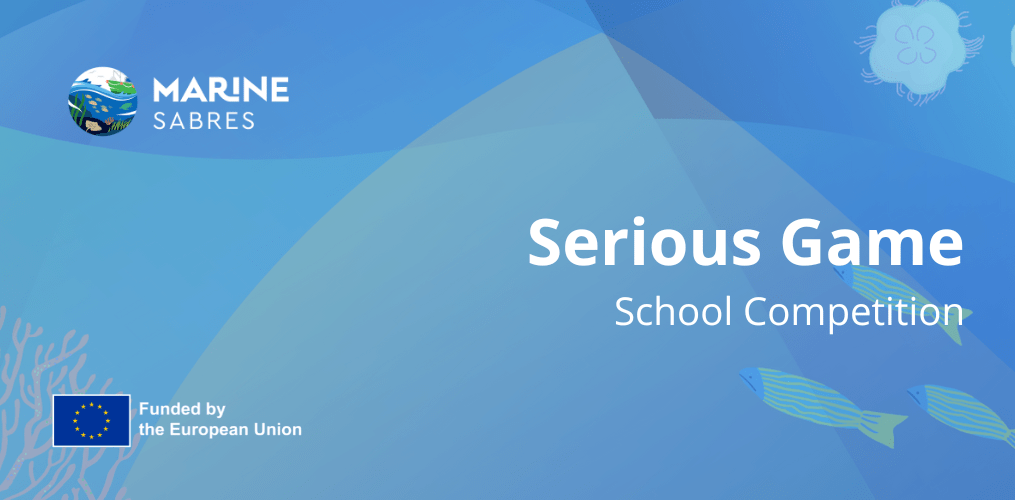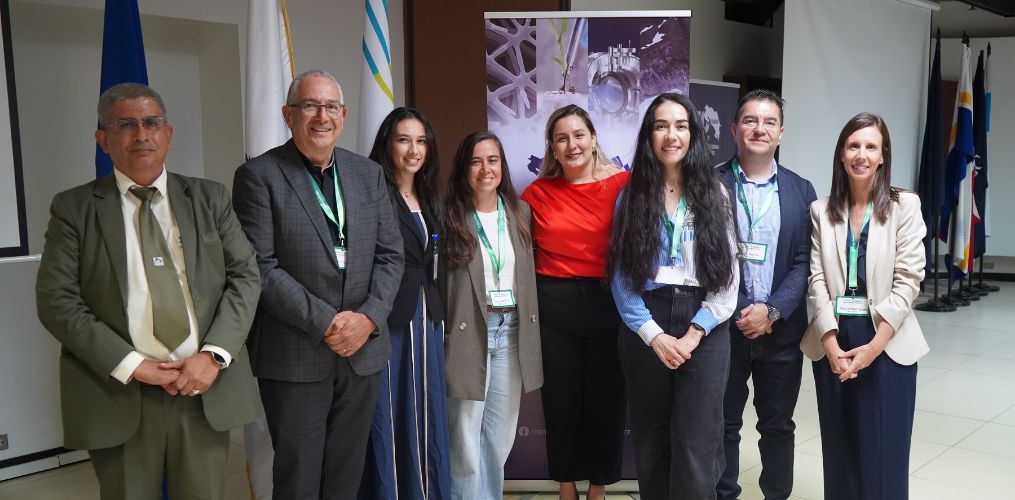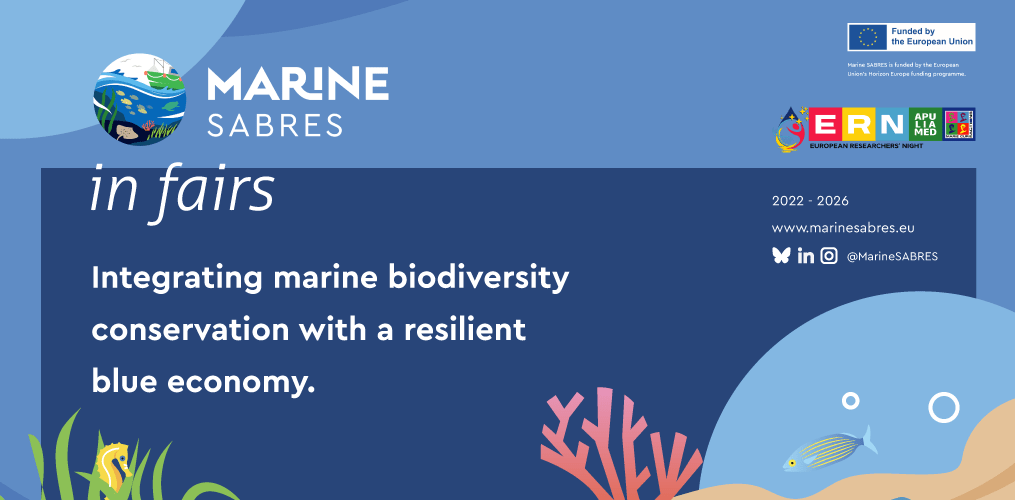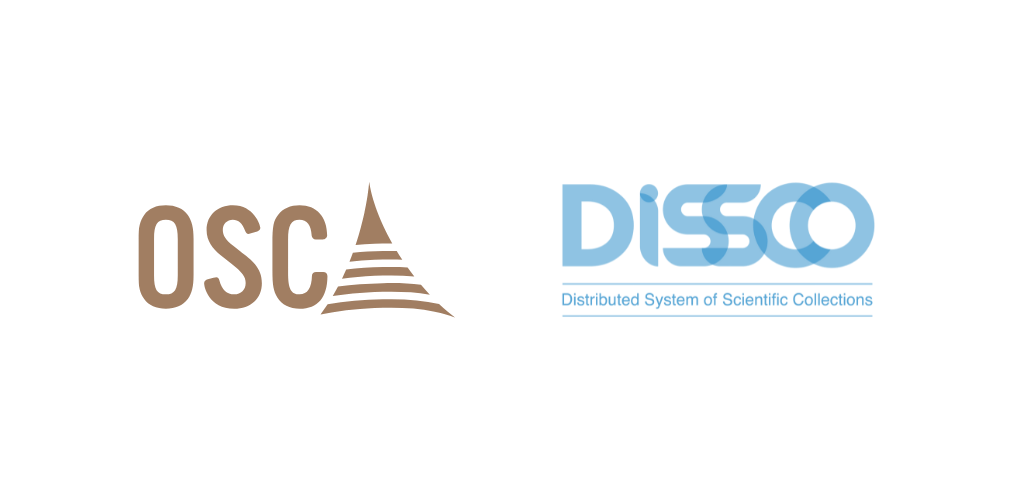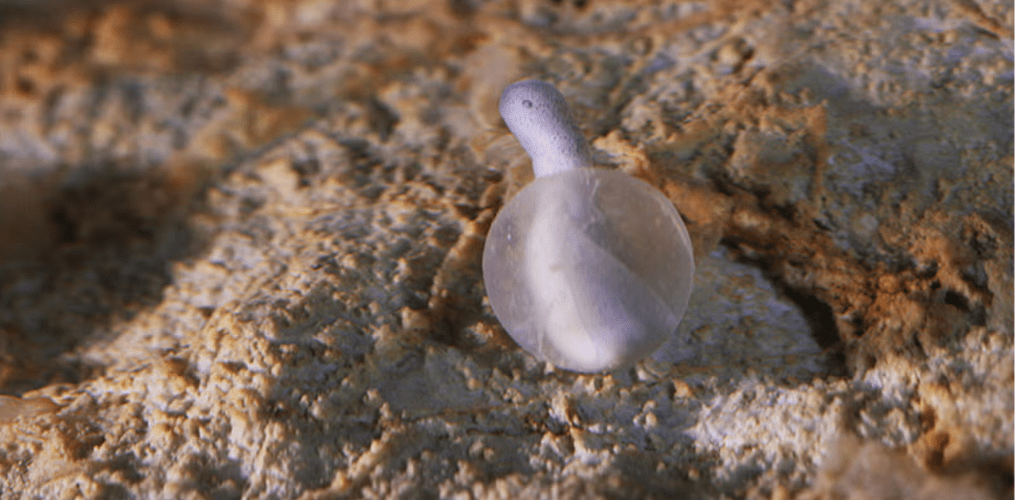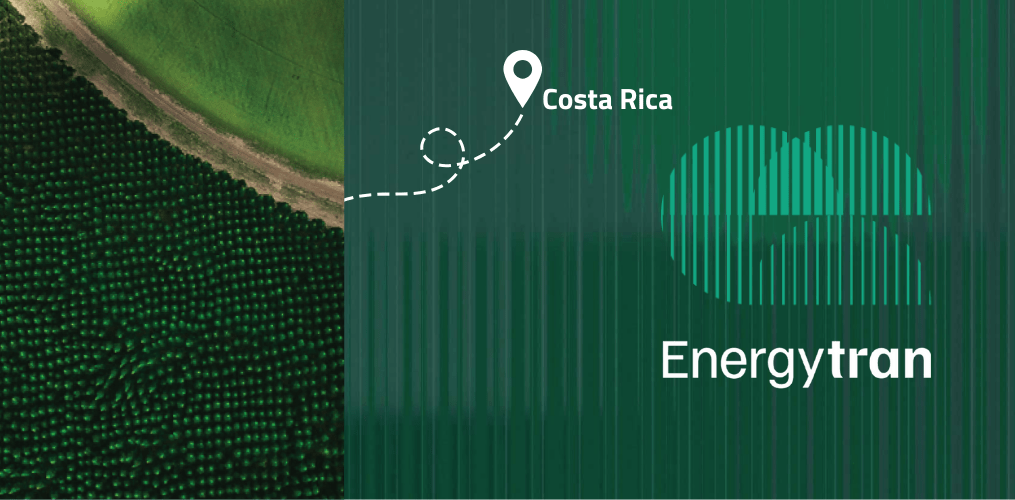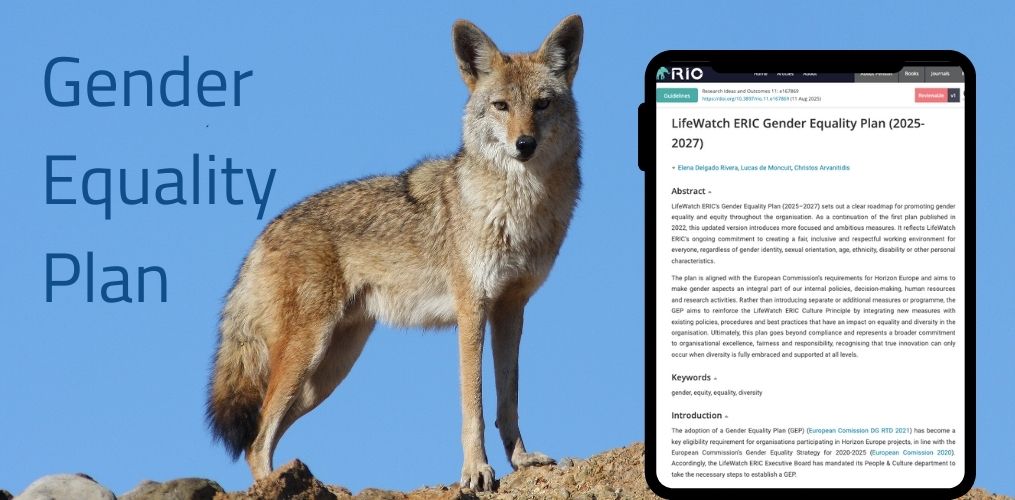On September 26, 2025, LifeWatch ERIC will participate in the European Researchers’ Night, contributing to its programme and engaging with participants, thanks to its research stand “Marine SABRES in Fairs”.
On this occasion, LifeWatch ERIC will present the project Marine SABRES, organising the initiative “Marine SABRES in Fairs: protecting and restoring biodiversity, sustainable blue economy, and ecotourism”.
Marine SABRES – Marine Systems Approaches for Biodiversity Resilience and Ecosystem Sustainability, is a research project funded by the European Union that aims to conserve and protect biodiversity by integrating healthy, sustainably-used ecosystems and a resilient blue economy. To make Ecosystem-based Management more achievable and implementable, Marine SABRES is comprehensively studying and analysing marine social-ecological systems to design a new, simpler framework for managing the many activities and pressures on the marine environment.
At the ‘Marine SABRES in Fairs’ stand, it will be possible to discover the project’s results and materials: thematic videos, the documentary trailer and, in preview, a demonstration of the scientific game dedicated to students (aged 10-18) to explore the links between human activities, changes in marine ecosystems and impacts on people’s well-being. The tour includes posters, brochures and best practices that have emerged from the Marine SABRES approach, with simple and replicable tools for administrations, operators and communities. There will be interactive sessions for questions, with areas dedicated to schools and families.
For more information, please visit the official European Researchers’ Night ERN Apulia Med 2025.
About the European Researchers’ Night
The European Researchers’ Night is a Europe-wide public event, which displays the diversity of science and its impact on citizens’ daily lives in fun, inspiring ways. The European Researchers’ Night aims to bring research and researchers closer to the public, promote excellent research projects across Europe and beyond, increase the interest of young people in science and research careers, showcase the impact of researchers’ work on people’s daily lives.
Children, young people, families and the general public at large will have the chance to meet researchers and discover research, science and innovation through a wide range of science shows, hands-on experiments, games, quizzes, competitions, exhibitions, digital activities, research stands, interactive workshops, debates and round tables, scientific-informative seminars, stories of researchers and discoveries, etc.
More information about the project
Biodiverse marine ecosystems provide flows of ecosystem services that lead to goods and benefits for society, support human well-being, and enable economic sustainability and resilience. Yet the intensification of human activities, both on land and at sea, is accelerating marine biodiversity loss globally and within Europe. The exploitation of natural resources, tourism, coastal development, trade and transport, aquaculture, fisheries, agriculture and waste management — all place pressures on marine and coastal ecosystems, undermining biodiversity and the many benefits that it provides. To mitigate these pressures, effective management of marine and coastal environments is essential, not only to achieve international biodiversity goals (such as the EU Biodiversity Strategy), but also in combating the threats of climate change (e.g. ocean warming, sea level rise, acidification, increased storminess) and environmental degradation (e.g. pollution and eutrophication).
Marine SABRES is an EU-funded research project that aims to restore marine biodiversity and support a sustainable blue economy by increasing the uptake of ecosystem-based management in Europe. To make ecosystem-based management more achievable and implementable, we need to comprehensively study and analyse marine social-ecological systems. Marine SABRES is therefore co-developing and testing a simple socio-ecological system in collaboration with local people in three European marine regions: the Arctic Northeast Atlantic, the Tuscan Archipelago, and Macaronesia.
For more information, please visit Marine SABRES official website: www.marinesabres.eu
